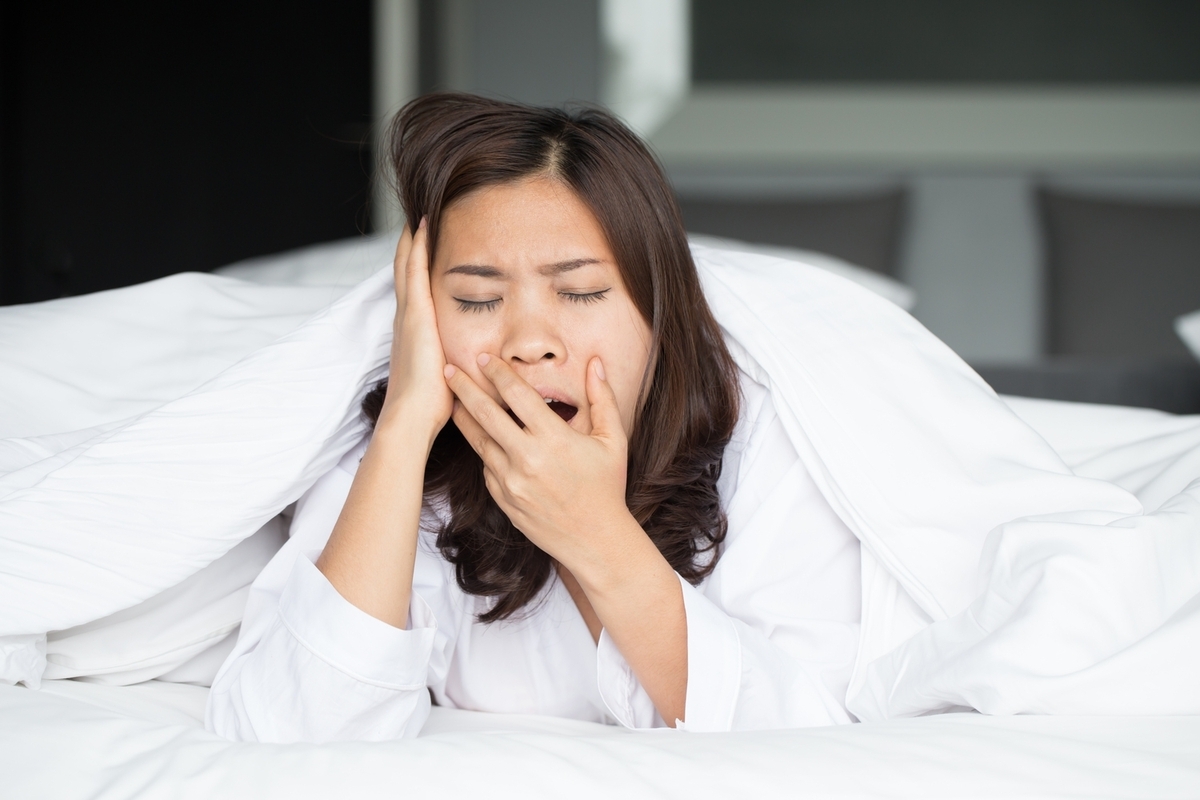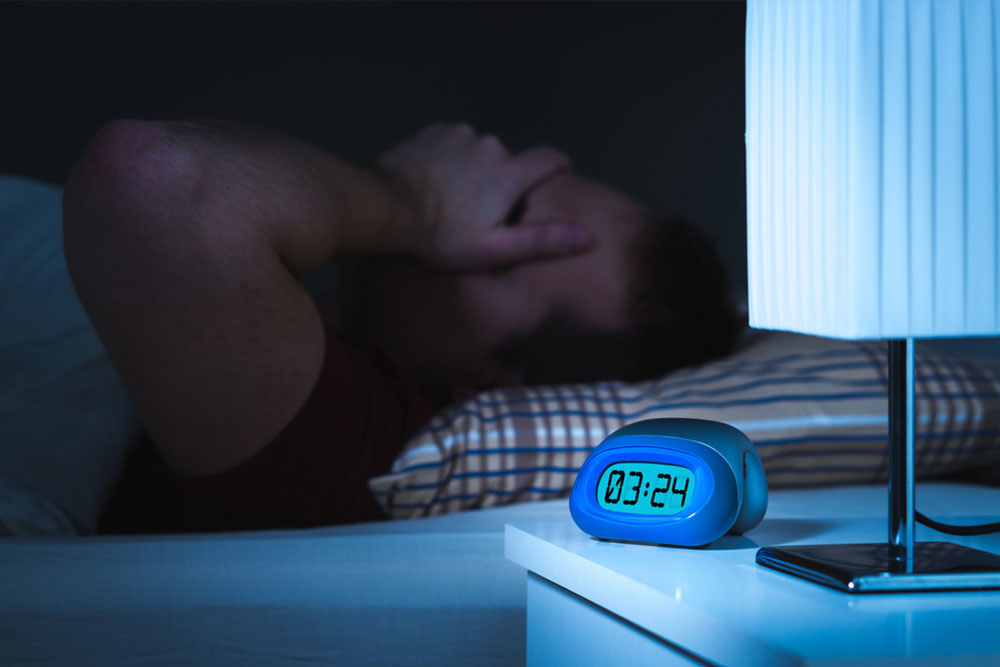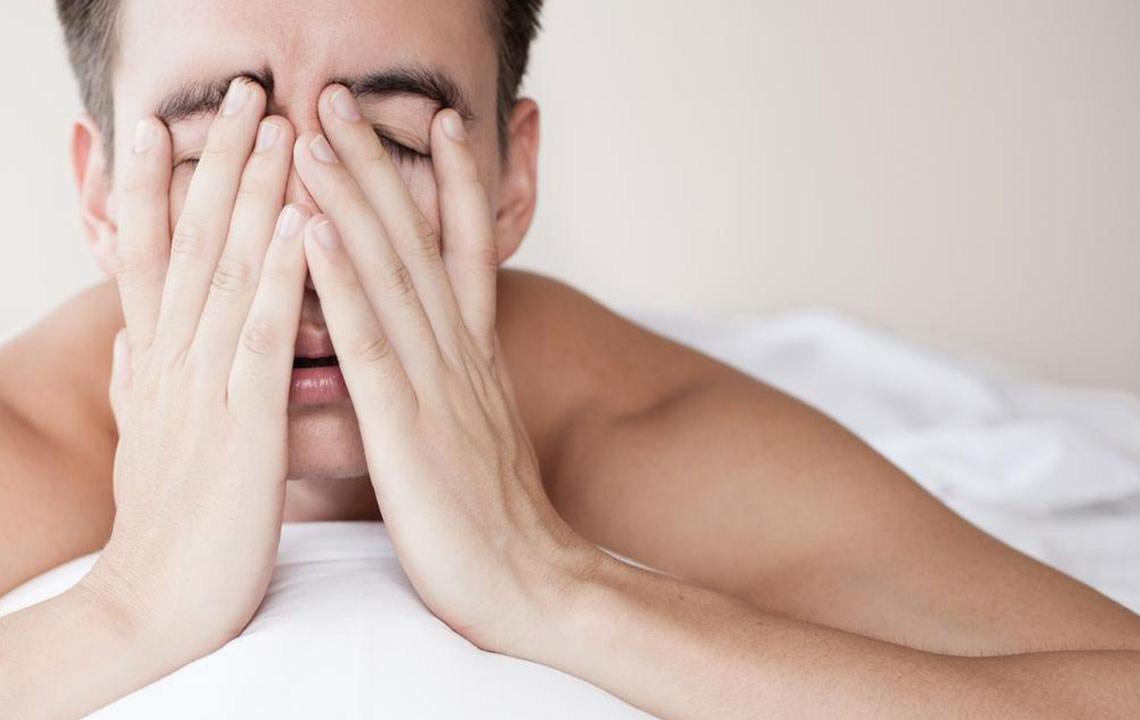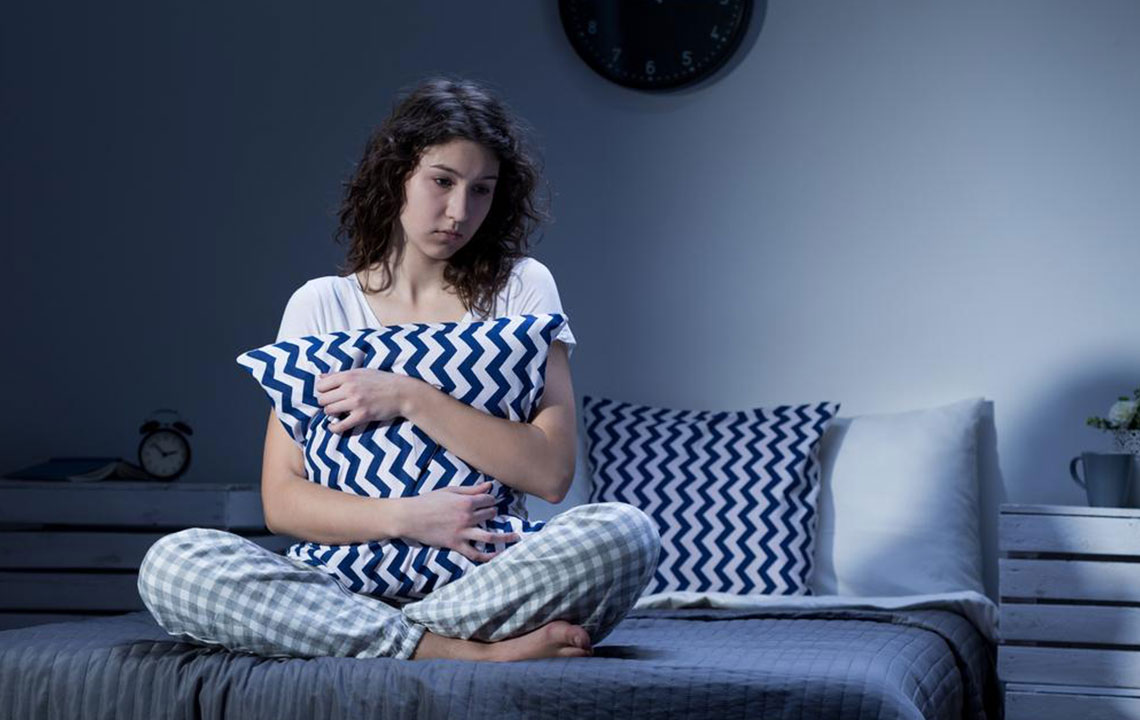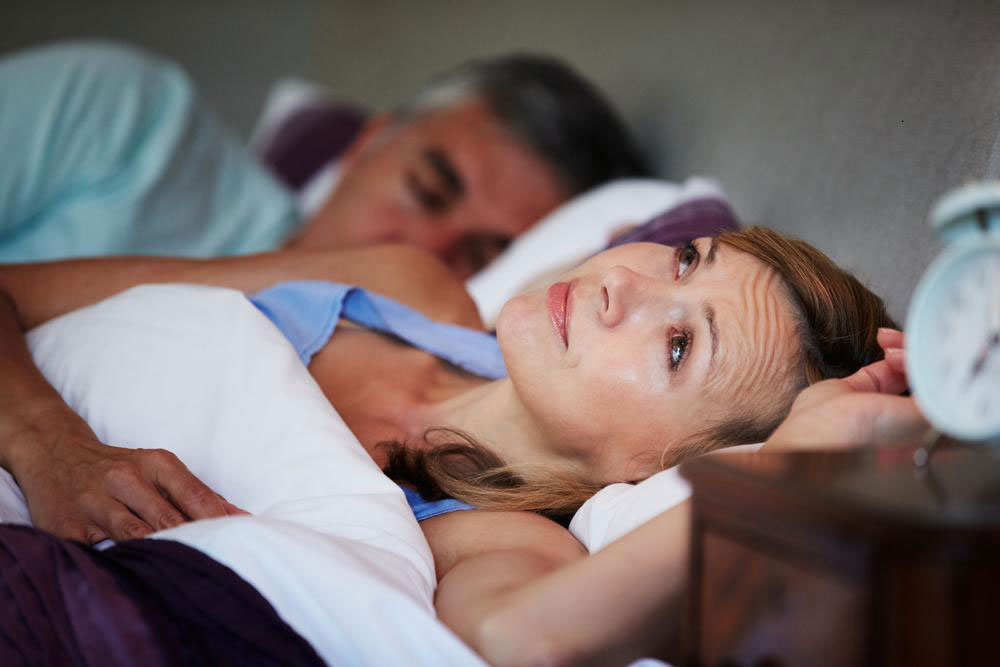Understanding Insomnia: Causes, Diagnosis, and Treatments
This article offers a comprehensive overview of insomnia, including its causes, diagnosis methods, and treatment options. It emphasizes behavioral therapies and medication approaches, highlighting the importance of medical consultation. The content aims to educate readers on managing sleep difficulties effectively to improve overall health and daily functioning.
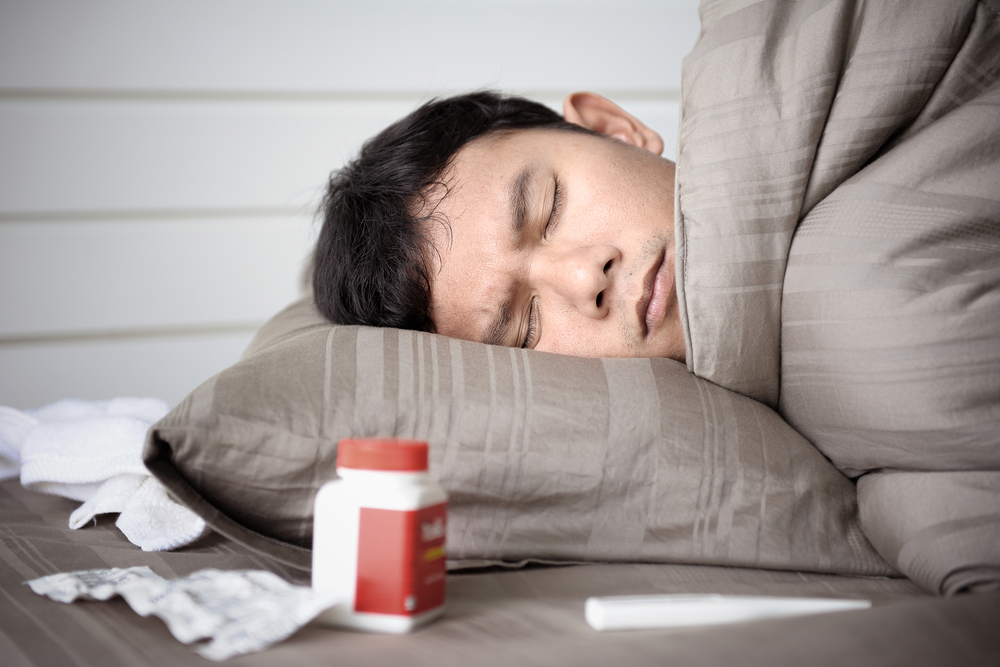
Insomnia affects a significant portion of the population, impacting overall health and well-being. According to the CDC, approximately 35% of adults in the U.S. struggle with sleep deprivation, which can lead to issues like obesity, high blood pressure, diabetes, and heart problems. Insomnia manifests as difficulty falling asleep, staying asleep, or returning to sleep after waking. The American Academy of Sleep Medicine defines it as a subjective experience of poor sleep quality that hampers daily functioning. Proper diagnosis involves monitoring sleep patterns over time, especially if sleep issues persist for at least three nights per week over three months.
Causes of insomnia include medical conditions such as allergies, arthritis, or back pain, which disrupt sleep through physical discomfort. Psychological factors like anxiety, stress, and depression also play a significant role, along with substance use. Risk factors include high stress, emotional issues, jet lag, sedentary lifestyles, night shifts, and underlying health conditions like obesity or menopause.
Effective behavioral treatments include establishing consistent sleep routines, creating a calm and dark environment, avoiding caffeine before bedtime, and limiting screen time to reduce blue light exposure. Medical evaluation is crucial to identify underlying health problems, and psychological therapies can be highly beneficial.
Medication options involve prescribed hypnotics or sedatives, which must be used cautiously under medical supervision. Over-the-counter remedies, such as antihistamines and herbal products with melatonin, can offer relief but require consultation with healthcare providers. Additionally, innovative devices that stimulate brain activity to promote sleep have shown promising results, often with a quick onset and satisfaction guarantees.

